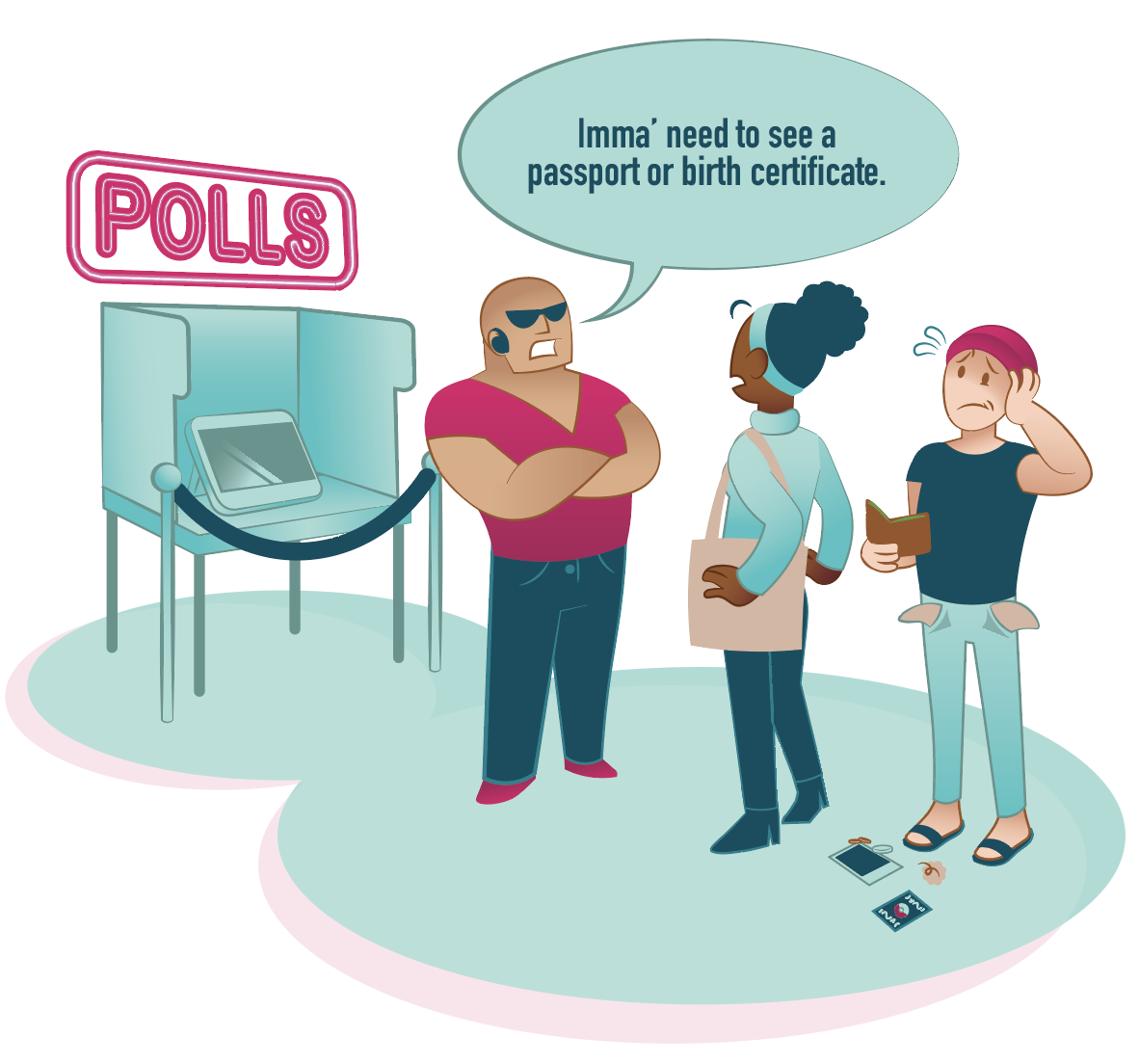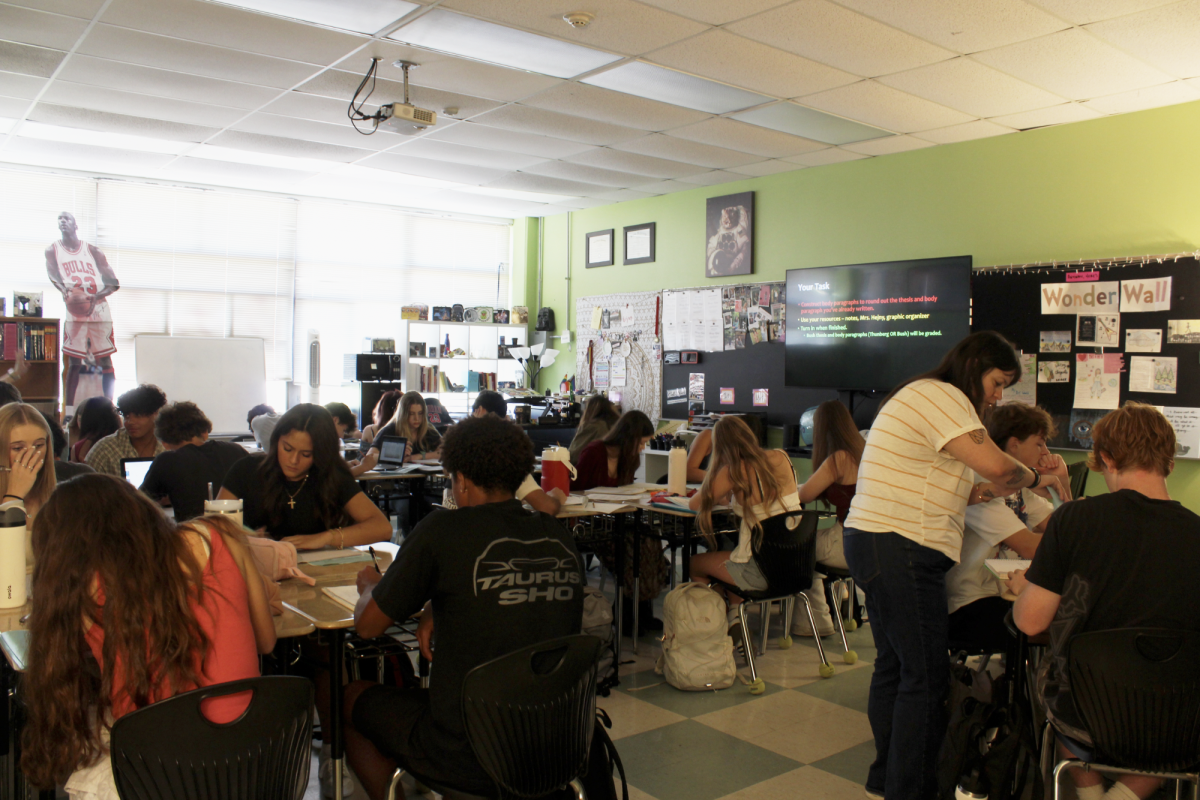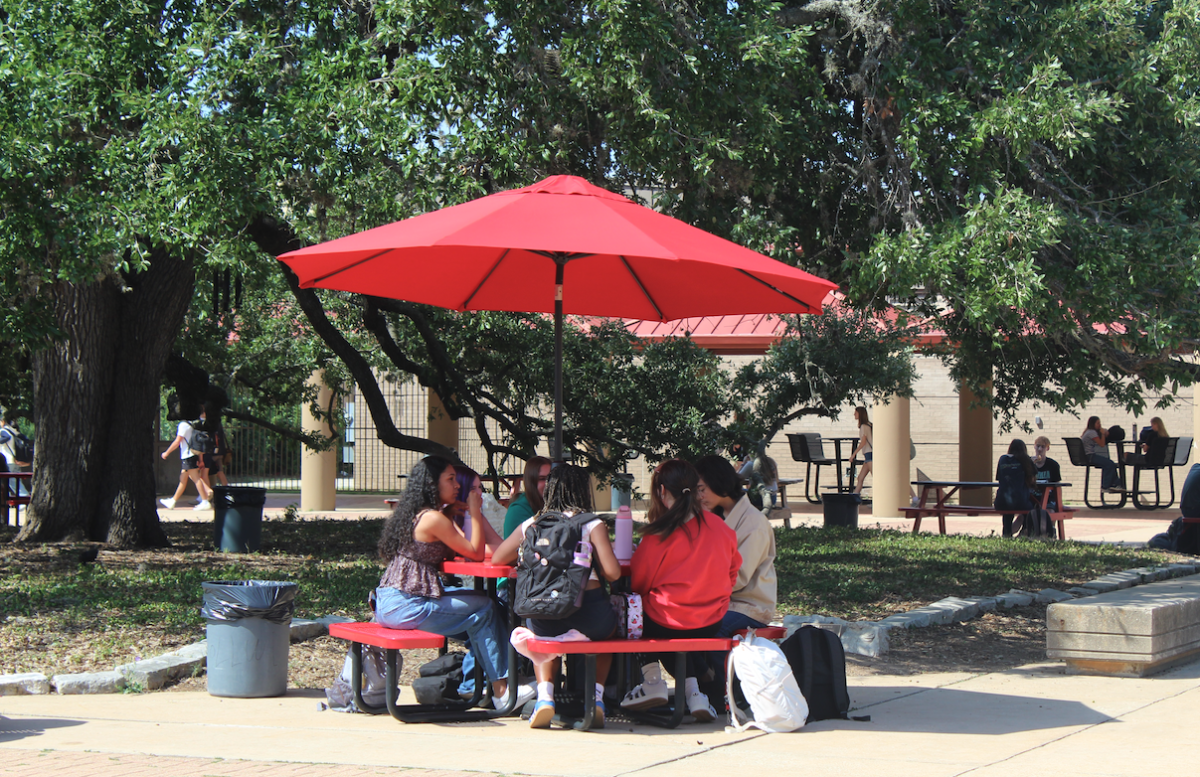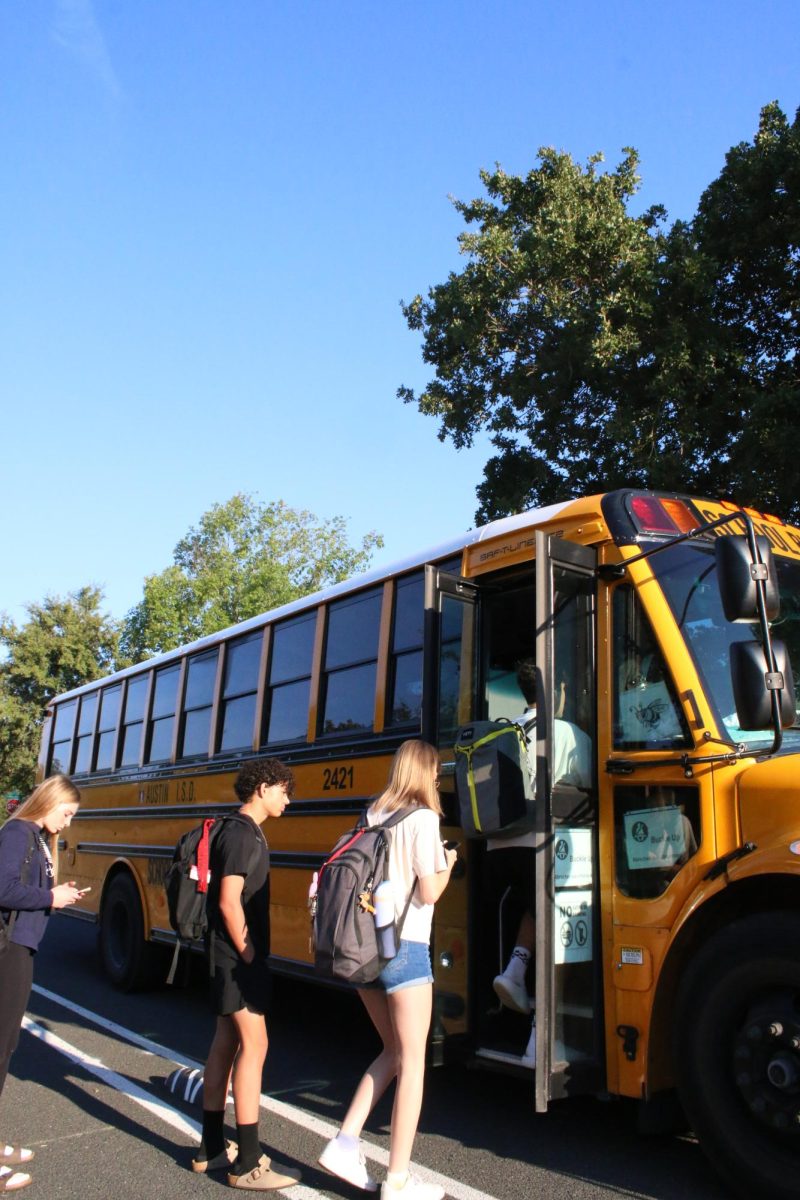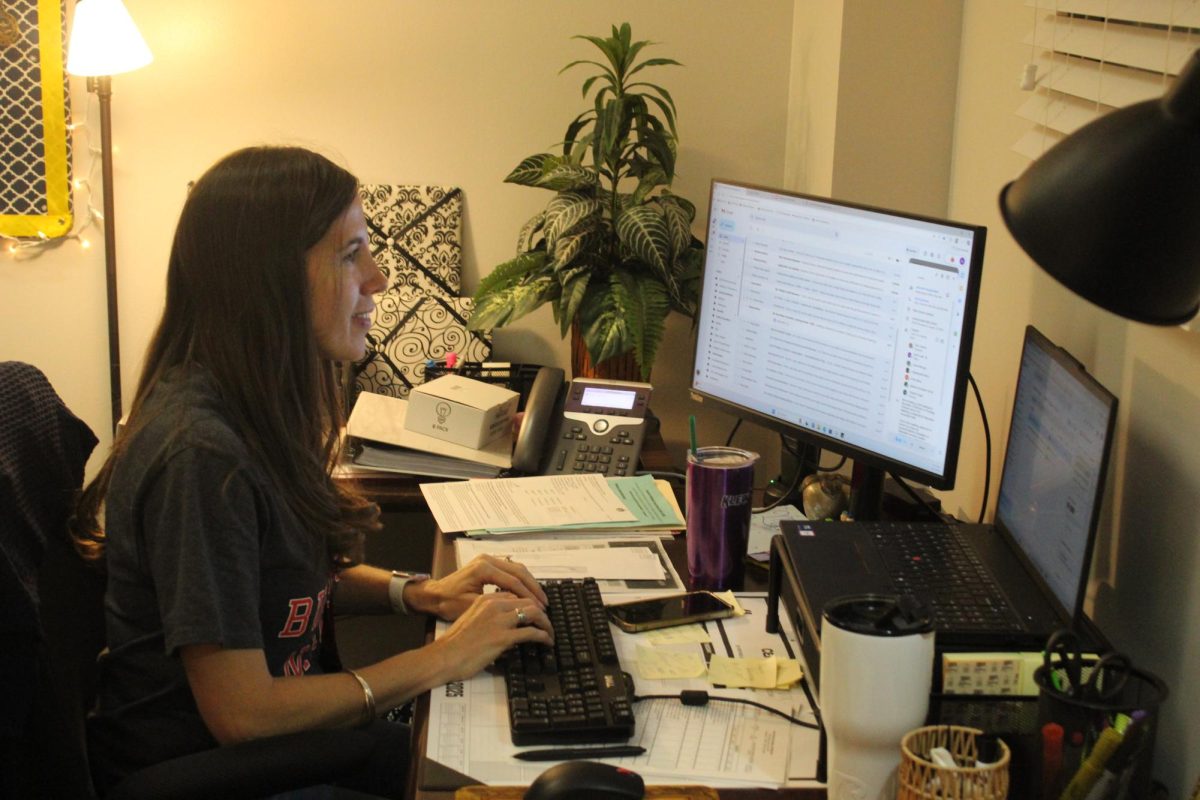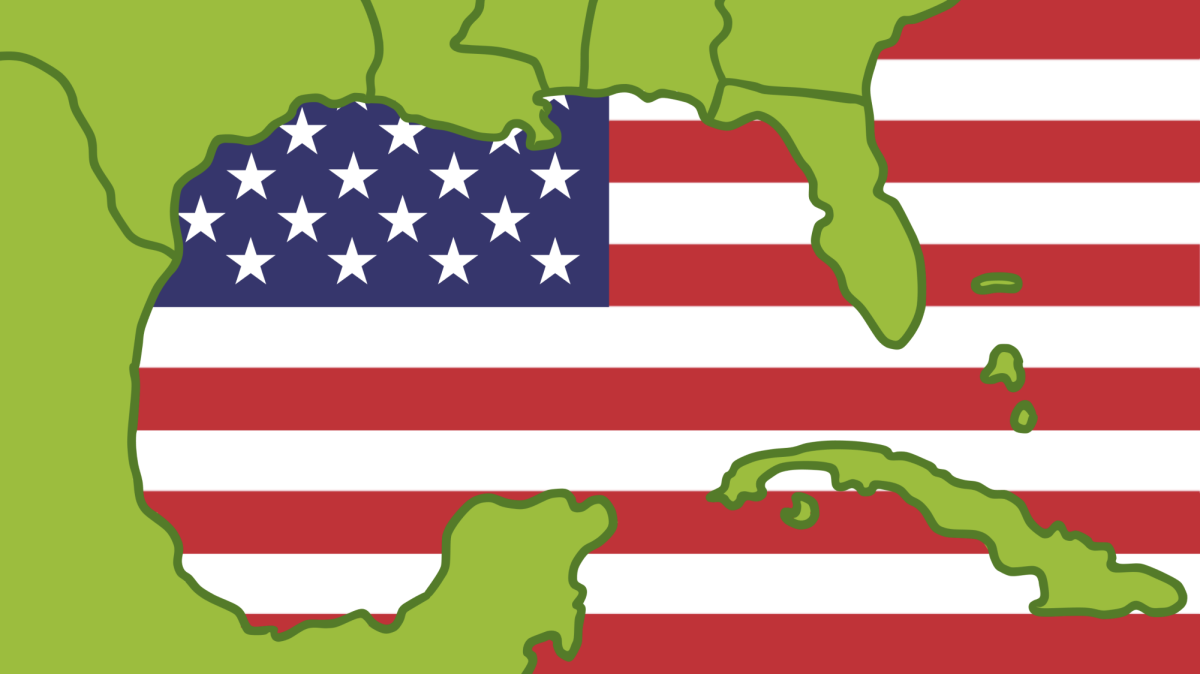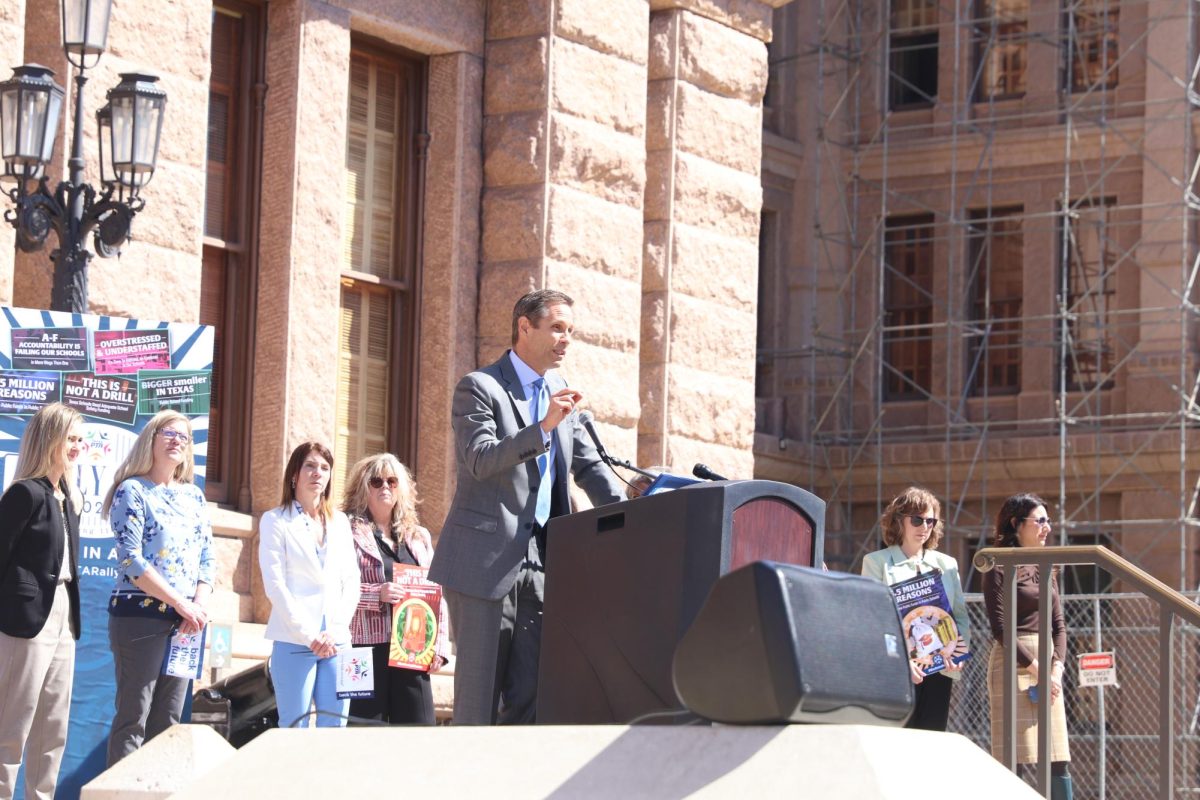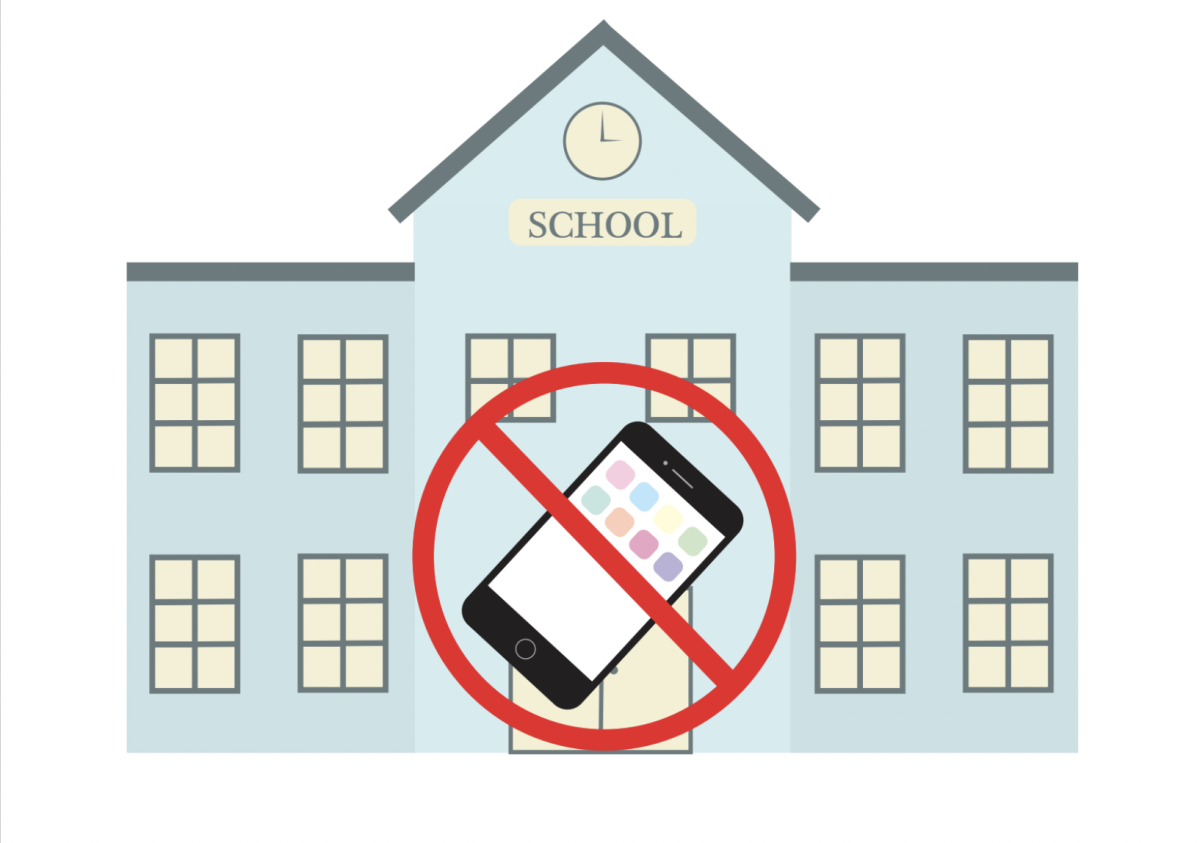Imagine walking into a polling location for the first time, ready to vote, ID in hand, and then being stopped by the workers at the polling location. They say that other forms of identification need to be presented in order to vote. Being a newly registered voter could mean having to prove US citizenship by bringing a birth certificate or passport in addition to bringing an ID, if the SAVE Act is passed first by the Senate, and then by the president.
The Safeguard American Voter Eligibility Act, also known as the SAVE Act, was passed by the US House on April 10. According to the Texas Tribune, the SAVE Act requires new voters to prove US citizenship in person at the voting polls by bringing a US passport, military identification card, or any identification card that is consistent with a real ID and indicates US citizenship status. Voters could also bring a birth certificate, hospital record, or a similar form of identification.
“Supporters of the SAVE Act argue that it is intended to ensure that only U.S. citizens vote in federal elections,” Social Studies teacher Chloe Carr said. “The House claims it will help prevent voter fraud by requiring documented proof of citizenship when people are registering to vote. Some are concerned that certain eligible voters, such as naturalized citizens, elderly people, or those without easy access to official documents, could face challenges meeting the new requirements.”
According to the National Conference of State Legislatures, over 160 bills have been introduced this year to provide a variety of solutions to ensure that only eligible voters are participating in elections. Prior to the passage of the SAVE Act, voters in Texas were required to bring one of the following seven forms of identification to the voting polls: a Texas Driver’s License, a Texas Election Identification Certificate, Texas Personal Identification Card, Texas Handgun License, United States Military Identification Card containing the person’s photograph, United States Citizenship Certificate containing the person’s photograph, or a United States Passport. Now, according to CAP, voters who register or update their voting information will need to prove citizenship in person to vote.
“Voting is important, it’s sort of like the foundation of democracy,” junior Marco Fulchiero said. Throughout history, the ability to vote was only given to people who had land, but during Andrew Jackson’s presidency, more people were voting than ever before; there was especially an increase in the number of everyday people who were voting. Political decisions affect those people the most, so if we make it easier and more accessible for them to vote, they will have influence over things that directly affect them.”
According to CAP, approximately 146 million Americans do not have a valid passport, and conversely, a high concentration of people who do have passports are concentrated in blue states. Additionally, 84% of women who marry and change their last name do not have a birth certificate with their legal name on it, so they could not use it to prove citizenship. CAP argues that the SAVE Act disproportionately impacts working-class and lower-income people because only 1 in 4 Americans with a high school degree or less have a passport, and only 1 in 5 Americans with an income below $50,000 have a passport, meaning those groups of people could struggle to prove citizenship when registering to vote.
“The people most impacted by this law could be naturalized citizens who don’t have easy access to their paperwork, rural residents, older adults, or individuals facing financial or logistical barriers,” Carr said. “The impact of this law would depend on how the law is implemented and whether support systems are in place to help people meet the requirements.
In an article by Boston University, the SAVE Act adds extra steps that voters have to take to register to vote, which may make voters not want to vote especially because some people feel like their vote doesn’t matter. The SAVE Act was designed to make voting more safe by ensuring that people who are voting are U.S. citizens but requires voters to jump through more hoops to register to vote.
“Politicians passed this act to prevent voter fraud, and while voter fraud exists, it is statistically very rare,” Carr said. “Multiple studies and investigations have found minimal cases of in-person voter fraud or non-citizen voting.”
According to the Brennan Center for Justice, voter fraud is very rare and that many instances of alleged fraud are mistakes by voters or administrators and in states that allow for voters to vote via mail, voter fraud is still extremely rare since it’s illegal for nonvoters to cast a ballot. Consequently, in an article from the CLC, the SAVE Act threatens current mail voter registration since the act requires voters to present proof of U.S. citizenship in person, eliminating online or mail voting. Millions of Americans rely on mail voting and registration, and in 2022, more than seven million Americans registered to vote through the mail, and almost 11 million registered online.
“I definitely think it’s important for voting to be accessible because you don’t want it to be an impossible obstacle you have to get over to participate in democracy,” senior Larkin Bock said. “I don’t think voter fraud is an issue that the U.S. facing right now; however, I would say that the biggest issue we have right now is that the highest percentage of people voting are older people, and I think it’s important to help get younger people registered to vote and to encourage them to vote as well.”
According to Tufts, nearly half of youth voters (18-29) voted in the 2024 election. Additionally, in Texas alone, the voter turnout of youth voters in 2024 was 39%. In addition, in an article by the Charles F. Kettering Foundation, a nonpartisan organization committed to conducting research for the improvement of society, stated if the SAVE Act is passed, young voter preregistration would end because many programs that help voters register happen during school hours and students would not be able to prove citizenship while registering at school because most students don’t carry their birth certificate or passport with them daily.
“Most people are already going to have these types of identification, so I don’t think it’s gonna be hard for them to locate these things,” Bock said. “I would say that the school initiatives are really helpful for encouraging students to vote, like my English teacher brought in someone who helped get us registered to vote, and so these initiatives in younger generations are important to help get students to exercise their right to participate in democracy.”
As stated in an article by Brookings, a nonprofit dedicated to conducting research, before the 2020 election, one-third of youth said they had not been encouraged by their school to vote and in survey conducted by Brookings in 2022 found that, only 40% of youth voters said they feel well qualified to participate in politics. Brookings argues that schools have an important role in helping students develop their voice; however, according to CLC, the SAVE Act could end up silencing voters by adding unnecessary barriers to voting, making voting less accessible for all voters, but especially young voters.
“I think that teachers are a great resource for helping students understand how the government works, and building that foundation will make students more likely to vote,” Fulchiero said. “ I believe that we just need a more educated population because a lot of people are just focused on themselves and don’t really care about the bigger impacts of the government. However, I think the SAVE Act could lead to a slippery slope where voting could become progressively more restricted and less accessible for voters which is the complete opposite of what democracy was built on.”



